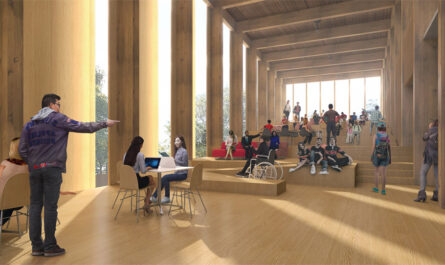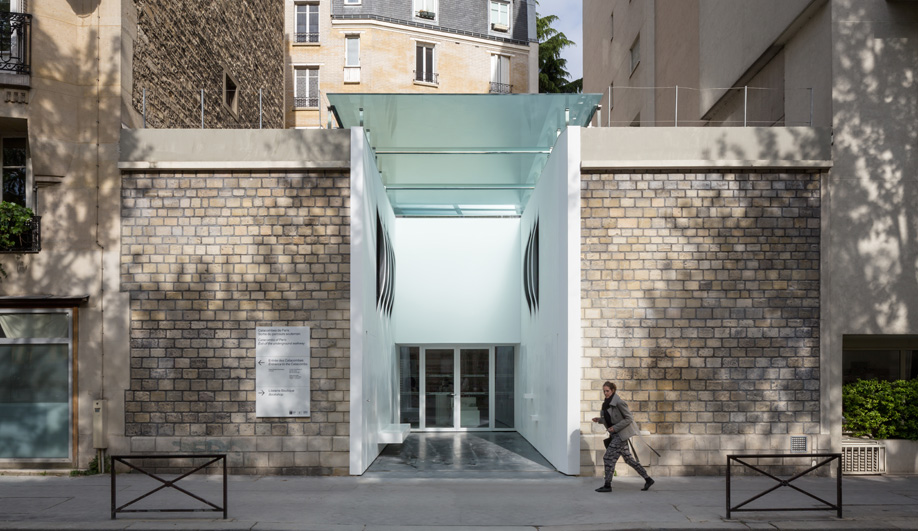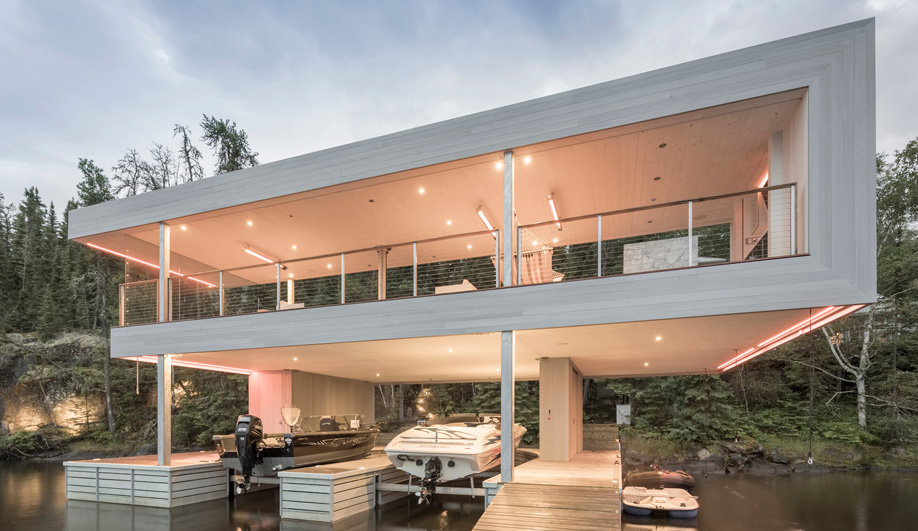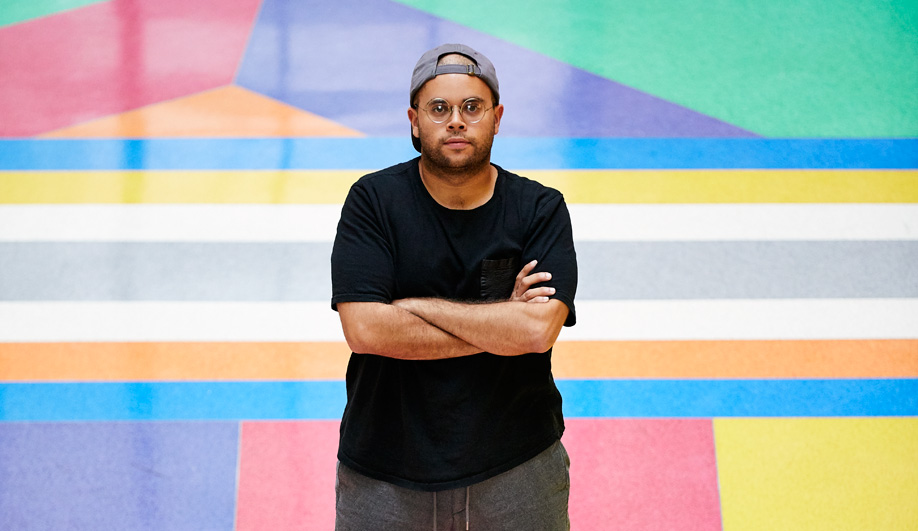
“If you asked me what I learned during my time at RISD, I’d tell you that I learned to fail.” So began Malcolm John Rio’s 2015 commencement address at the Rhode Island School of Design, from which he received his Masters in Architecture. As he went on to explain, failure is not the opposite of success, but “serial refinement, experimentation, open-mindedness and humility” – just the type of learning style the budding influencer hopes to convey to future generations.
He is well on his way. After RISD, Rio won a coveted fellowship at the Association of Independent Colleges of Art and Design and a two-year stint teaching at the Maryland Institute College of Art in Baltimore. He’s now at MIT, where he’s enrolled in its highly competitive, research-based SMArchS program. His thesis there will expand on a long-standing – now very timely – interest: how architecture shapes and politicizes concepts of race and citizenship.
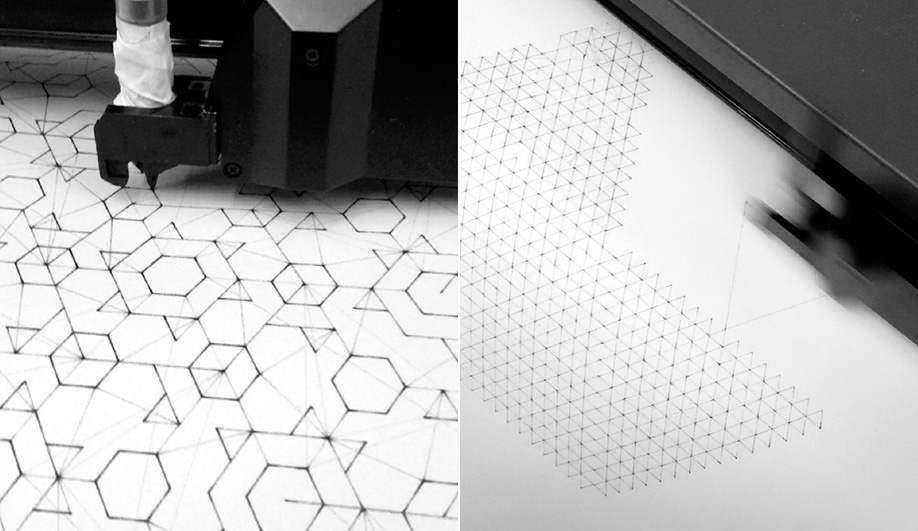
“I think the research that got me into MIT was my investigations into mobile network technologies, like how Hacking, an informal Baltimore cab service for predominately African-American neighbourhoods without access to adequate public transit, is policed differently than Uber.”
While promising new ways of doing things, he says, technology often perpetuates existing issues of race and class. “In the 1960s, this was physical; now, it’s digital.” For his thesis, Rio says, “I’m surveying how cities that integrate comprehensive technologies, such as sensors and biometric monitors, to create super-efficient neighbourhoods affect all citizens. The positive argument for smart cities is, because of surveillance, we can better assess and provide services based on needs, but we can also better assess so-called problem areas and find a way to exclude them.”
Over the course of his schooling, Rio has accumulated much hands-on experience, especially in the area of digital computation. Among other things, he developed a series of recursive loop functions with a mechanized pen to generate fractal geometries. Nonetheless, he feels that he can make a bigger contribution to architecture from a lecture hall rather than a big design firm.
“I like to think my true profession is philosophy, affecting design by making philosophical points,” he says. “You can’t assume that architecture is one day going to just shift in its politics. It happens in the classroom.”

